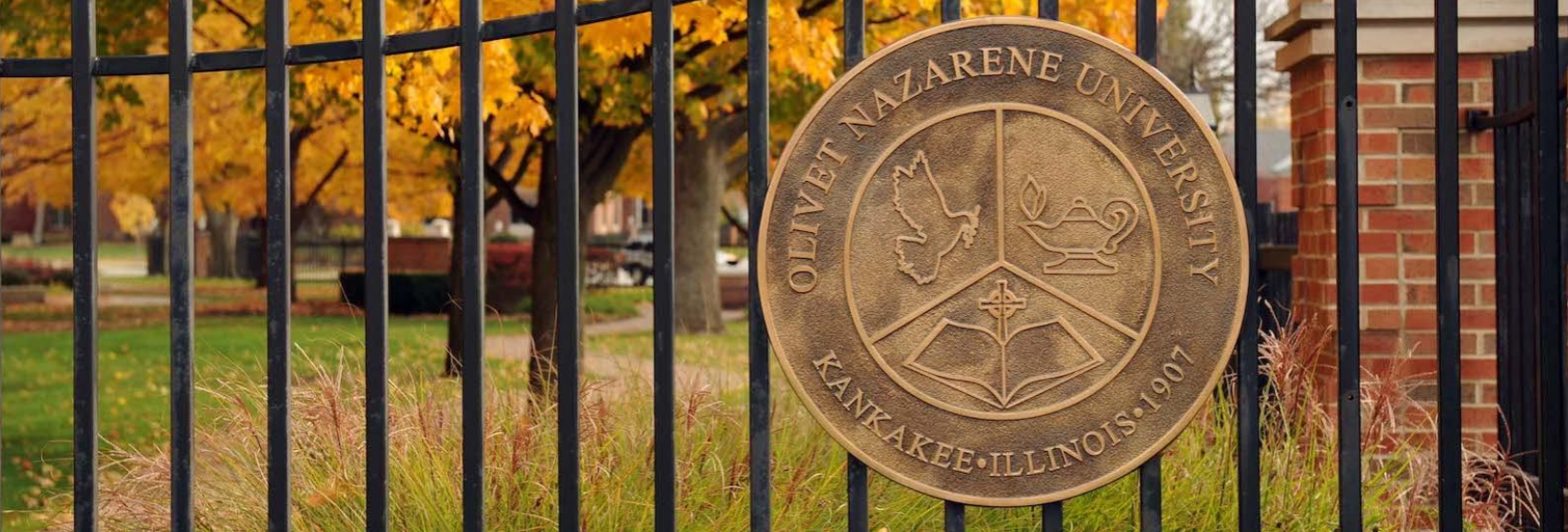Date of Award
10-15-2021
Degree Type
Dissertation
Degree Name
Doctor of Education (EdD)
Department
Educational Leadership
First Advisor
Dr. Toni Pauls
Second Advisor
Dr. Bonnie Perry
Scholarship Domain(s)
Scholarship of Discovery
Abstract
Families who reside in rural communities and live in poverty often experience a lack of quality of life supports, which impacts their mental health and exasperates any special needs they may have. Research in regards to these concerns, has historically focused on southern states and or the impacts of poverty in urban settings. This phenomenological qualitative research study reveals quality of life supports that impoverished families living in rural communities in central Illinois often do without. This study further examines the families’ perceived barriers to those supports. The following research questions guided this study: (1) What quality-of-life supports (employment, food assistance, mental health services, special education) do impoverished families living in rural central Illinois believe they lack? (2) What do rural families identify as perceived barriers to receiving quality-of-life supports? (3) How are rural families impacted by lack of access to quality-of-life supports? (4) How are the children in rural families impacted by lack of access to quality-of-life supports? Data analysis of interviews and questionnaire responses from eight families living in rural communities in central Illinois explained a need for mental and physical health supports, food assistance, quality special education services, and local employment opportunities. In turn, the research yielded the following barriers to these supports: lack of transportation services, community resources (including food banks and service agencies), stigma, specialized educational programming/training, and acceptance of state funded insurance. Recommendations for further research include, longer, longitudinal study, larger interview pool, and children specific interviews.
Key Findings
Families living in rural areas often share common needs such as physical/mental health supports, special education services, use of food banks, and employment opportunities. These needs may not be unique to those in rural communities, however, barriers such as increased stigma associated with accessing these services, lack of transportation, specifically, no public transportation, lack of providers who accept state insurance, one size fits all special education programming, and food deserts are some additional barriers that those living in rural areas must overcome to access those services.
Recommended Citation
Westerfield-Jackson, April, "Quality of Life Disparities For The Rural Economically Disadvantaged" (2021). Ed.D. Dissertations. 138.
https://digitalcommons.olivet.edu/edd_diss/138
Creative Commons License

This work is licensed under a Creative Commons Attribution-Noncommercial-Share Alike 4.0 License.
Professional Biography
April Westerfield is a professor of Special Education at Blackburn College, Director of Student Disability Services at Eastern Illinois University, and a mother of a child with a disability. In addition to her terminal degree, April holds Masters in Special Education, Educational Administration, and Curriculum and Instruction, as well as a Bachelors in Special Education. Her research focuses on the needs of those living in rural poverty. She has recently expanded her research to include lived experiences of students with disabilities who attend institutes of higher learning and their transition experiences.



Comments
EdD 2020